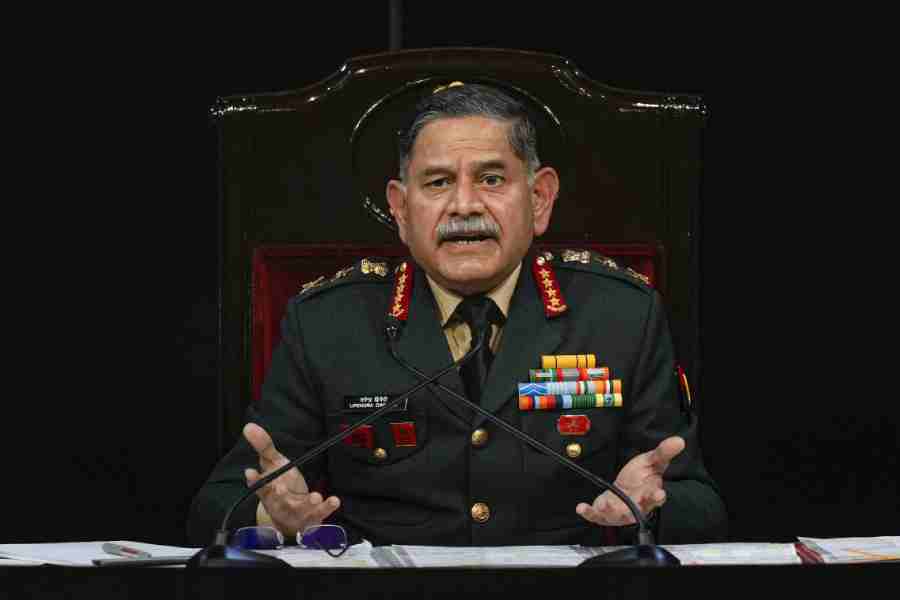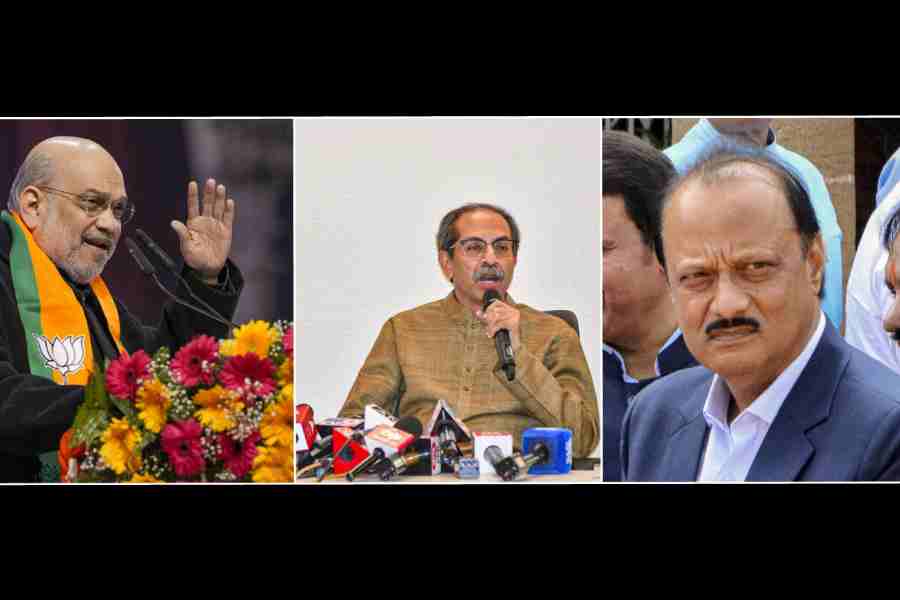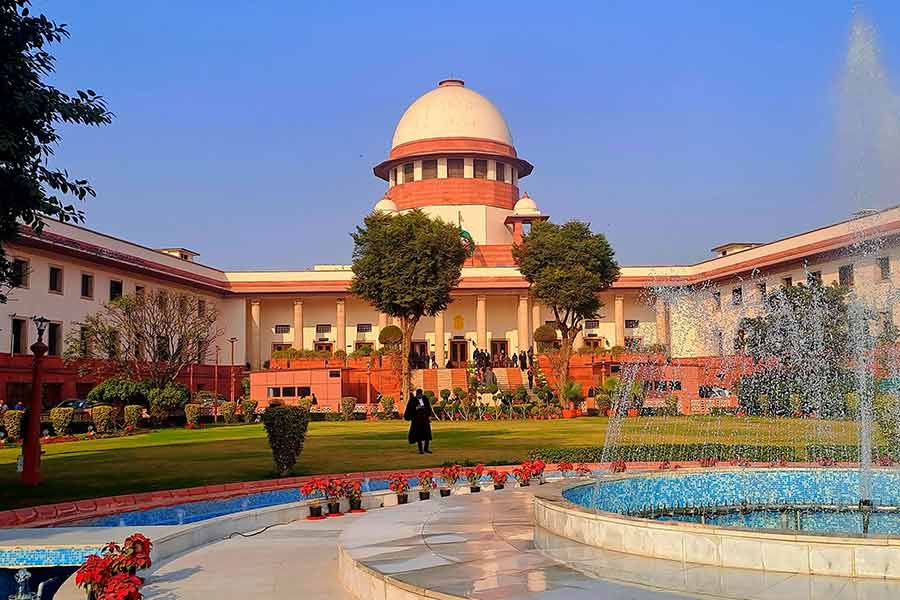In sweeping comments last week, India’s army chief, General Upendra Dwivedi, laid out the military leadership’s views on the state of security with the country’s three biggest neighbours — China, Pakistan and Bangladesh. Less than three months after a détente along the Line of Actual Control with China, Mr Dwivedi said that while the de facto border was stable, there was still a degree of standoff along the frontier. He also signalled that the stability along the border with China was a consequence of the army’s presence there, suggesting that there would not be any troop reduction there even though both sides have disengaged from some of the biggest friction points along the LAC. Mr Dwivedi also described Pakistan — as many Indian officials have done previously — as an epicentre of terrorism, citing statistics to suggest that most terrorists killed in Jammu and Kashmir over the past year were Pakistani nationals. Strikingly, despite mounting political differences between New Delhi and the interim government of the Nobel laureate, Muhammad Yunus, in Dhaka, India’s army chief tried to downplay the tensions, arguing that India and Bangladesh needed each other’s strategic support and that animosity between them was not in either side’s interests.
The army chief’s views deserve attention because unlike politicians, military leaders are known to be blunt in their assessment of security challenges facing the nation. With China, his comments point to the long road that New Delhi and Beijing must traverse in order to successfully build on the recent breakthroughs and resurrect even basic trust over border security. His words suggest that India’s military leaders are prepared to watch every Chinese step along the LAC with caution. Mr Dwivedi’s statement on Pakistan has predictably drawn criticism from Islamabad. But it merely underscores what has long been apparent — that the government of Prime Minister Narendra Modi sees no political benefit in any outreach to Pakistan at this time. It is with regards to relations with Bangladesh that the army chief’s comments were the most enlightening as a pointer to the security establishment’s views. Despite concerns over recent tensions along the border, and over court judgments in Bangladesh that India fears could help separatist movements in the Northeast, New Delhi, it appears, is not yet willing to give up on its security partnership with Dhaka. That is a positive sign, especially from New Delhi’s perspective. India cannot afford security challenges on three fronts all at once.










